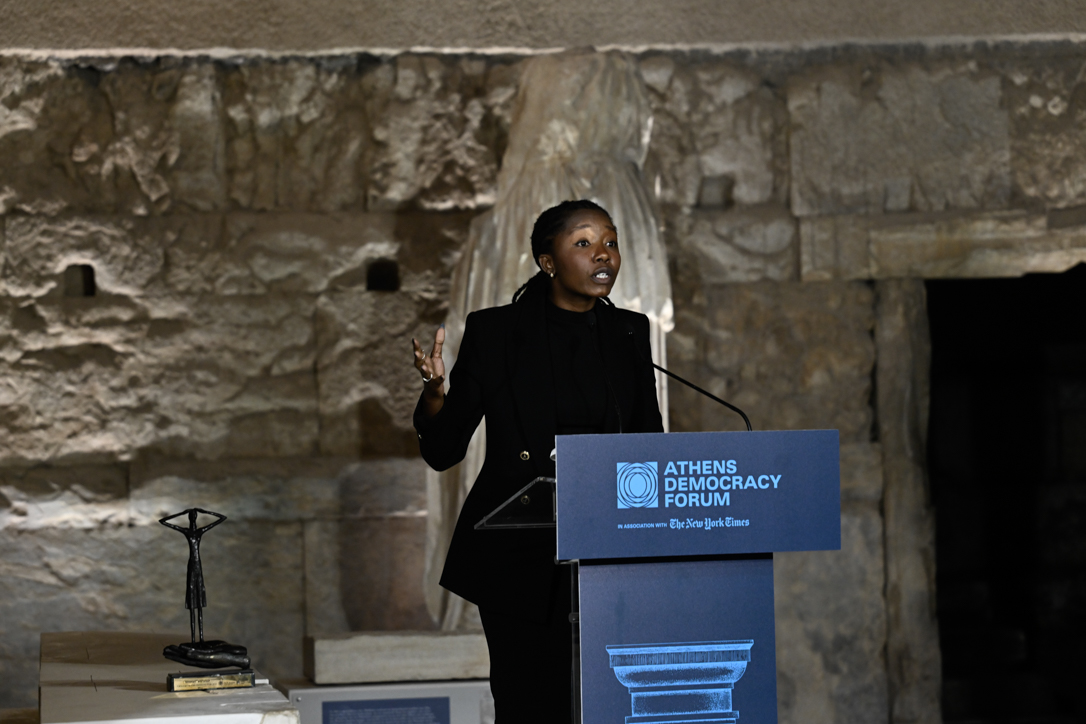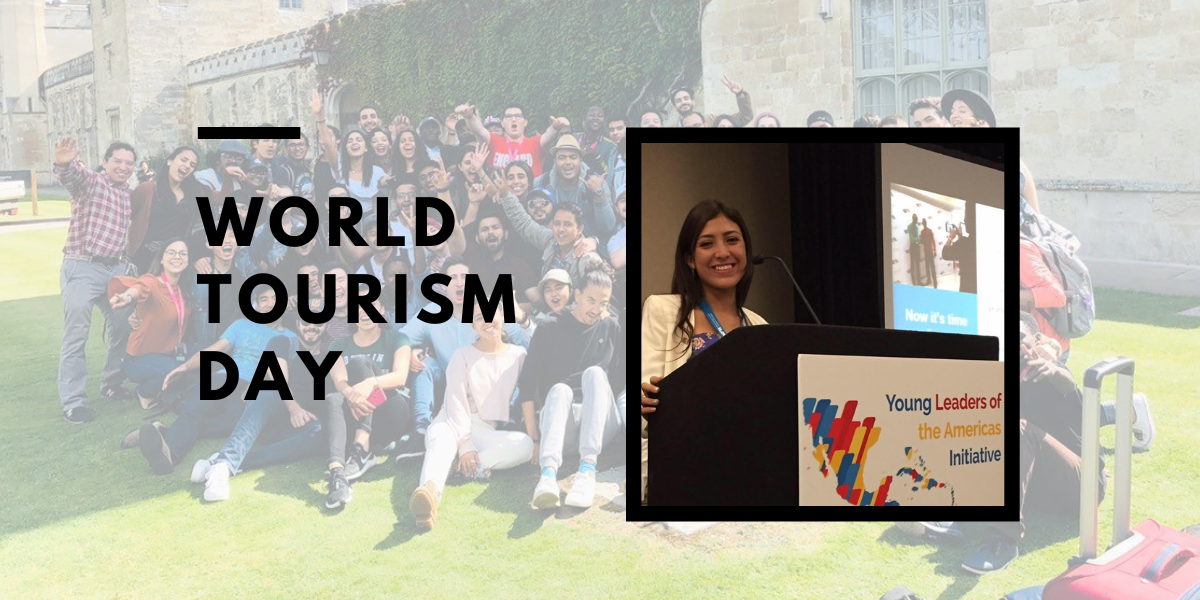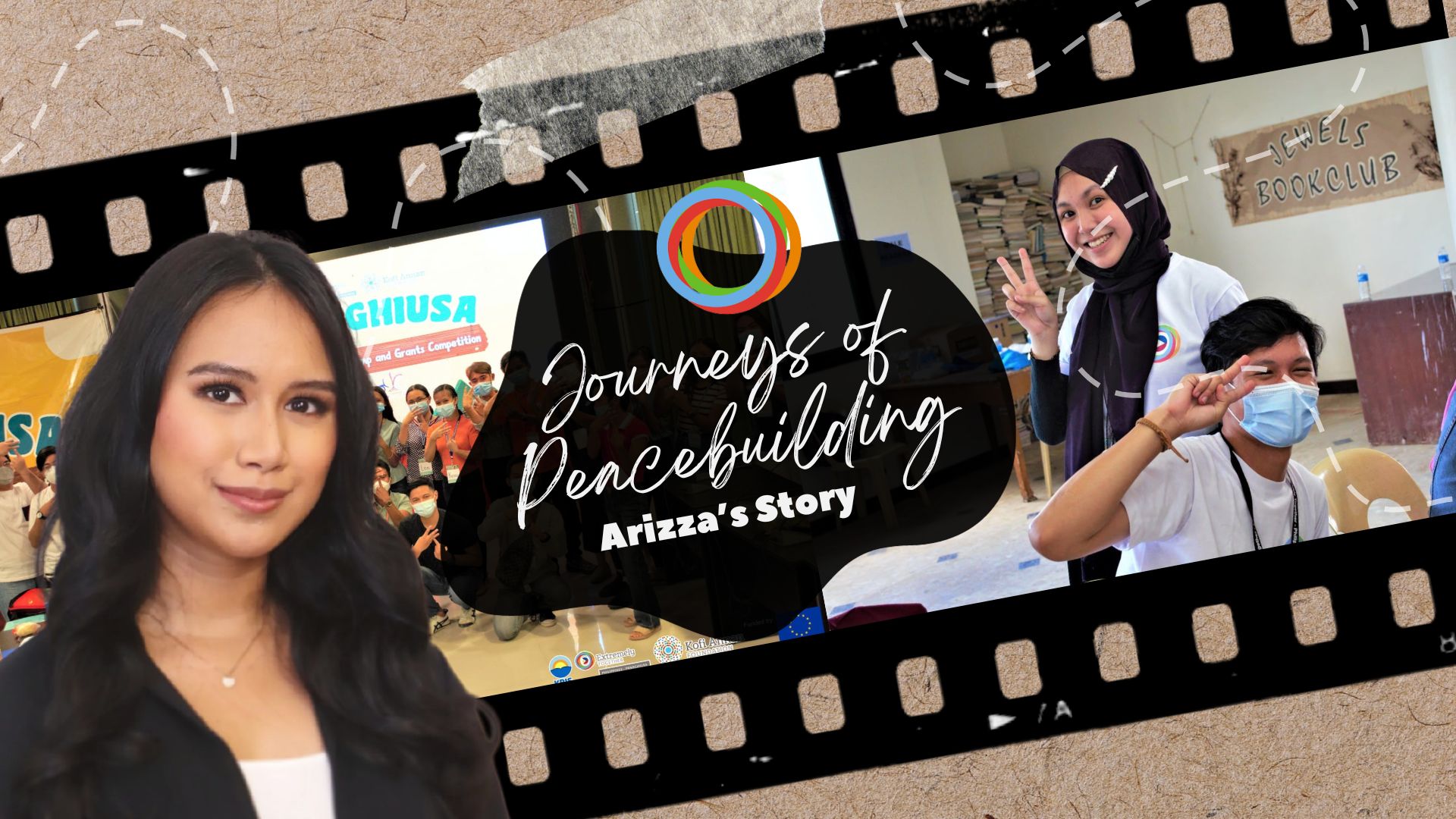Syed Ali Abbas Zaidi – Winning the battle but losing the war against extremism
Extremely Together’s Young Leader from Pakistan, who focuses on counter extremism, social innovation, at different intersections between society and state.
Over the past decades, Pakistan has been beset by increasing levels of violent extremism characterized by the growth of extremist organizations, radicalization of curricula, systematic persecution of minorities, shrinking space for critical dialogue and record breaking terrorist activity compounded with inter-ethnic, political, and religious conflict. As a result, Pakistan today stands as a nation convulsed by terrorism, sectarianism, corruption, poverty, economic distress, public welfare crises and educational failures
Following the Army Public School (APS) attack in December 2014 and the barbarous murder of 132 school children, the government of Pakistan announced a National Action Plan (NAP) to counter terrorism in the country. Finally, the state seemed serious in tackling the menace of terrorism, albeit 80,000 deaths later. Unprecedented steps were taken, and they bore results as gradually the acts of terrorism declined. While the efficacy of NAP is only propagated in relation to military operations, terrorists killed or hanged and madrassas shut down the broader field of countering extremism has seen no substantive progress
War against ideologically motivated terrorism is a war of narratives as much as a military operation. In fact, military campaign if not accompanied by CVE programs can end up benefiting the extremist narrative. Extremism that practices violence as a political tool is fundamentally a rebellious world-view, even if that means rebelling against the state(s) that harbored them. Terrorists took up arms against Pakistan because they, and their supporters believed the state is using its power to wield violence in a way that harms “Islamic” interests. Without the intellectual discourse that addresses and discerns between legitimate, illegitimate, moral and immoral use of violence, the use of force can consolidate the extremist world-view
We need to establish platforms where young people can voice their concerns, work towards collective well-being and contribute as stakeholders in the future.
Narrative is a means through which an individual positions himself in either side of the conflict or decides to stay neutral. If the messaging is obscure- the conflict creates tension by adding doubt to the process. While conflicts are not necessarily resolved in narratives alone, the direction towards a resolution helps in creating closure, which sets precedents in group dynamics and directs collective evolution of a society towards the desired goals. A Recent survey by PEW revealed that in Pakistan, a majority (62%) offered no definite opinion of ISIS which may depict that most Pakistanis are still confused about extremism and the terrorism stemming from it.
Extremists have long understood the importance of narratives.
“The war of narratives has become even more important than the war of navies, napalm, and knives.” Omar Hammami, who until his death in 2013 was a leader in the Somali Islamist militant group al-Shabab, wrote in his memoir.
He was not alone in thinking this way.
“We are in a battle, and more than half of this battle is taking place in the battlefield of the media,” Ayman al-Zawahiri, then al-Qaeda’s second-in-command, supposedly wrote to Abu Musab al-Zarqawi in 2005. Zarqawi was killed in 2006, but the vicious form of sectarian jihad he founded lives on in the form of ISIS, the direct descendent of al-Qaeda in Iraq.
Measuring the success of state level counter-terror programs like NAP with regards to narratives is very important because it examines the trend which can predict the future. If the conflict resurfaces in a different form- would the society provide fertile grounds for renewed support?
With selective crackdown on extremist-activists, and the likes of Jamat ud Dawah and Ahle Sunnat Wal Jamaat (ASWJ) allowed to operate in public spaces thus consolidating their networks of sympathizers and supporters, with no progress on the substance of the draconian blasphemy law and regressive measures on the internet under the garb of curbing extremism, with no check on Takfir (at individual, organizational or constitutional level), with obscure messaging as to why madrassas were shut down and people arrested for hate-speech, and what hate-speech? With confused stance on the changing dynamics of the MENA region, two faced policy of ‘good’ vs the ‘bad’ Taliban and the growing gap between civil society and the government—it is paramount to ask: What has NAP achieved in this war against extremism?
The half-baked message Pakistan has been giving to extremists is ‘don’t do this’ which does not suffice. Where is the-do-this-instead? Where is the cultural, socio-political and structural response to organized extremism? Where is the transparency and public-ownership of counter-terrorism operations? Where is the media messaging underlining what should we stand for, and not just what we stand against? Where is the alternative to extremist narrative that also addresses the grievances of the people?
Zawahiri was right: Half the battle is media and messaging. Pakistan and other countries that rely on military operations without holistic counter violent extremism strategies might be winning the battles but losing the war.
Although the brave citizens and civil society of Pakistan have been fighting to improve these conditions, their efforts remain isolated, scattered, and often marginalized. My organizations- Pakistan Youth Alliance, Khudi Pakistan and HIVE have been working for over nine years at the community, university campuses and policy levels – using innovative means to challenge extremism at its core but we, and others like us are not only fighting the local manifestations of extremist organizations but powerful transnational movements. That transnational weight in countering extremism has been missing in Pakistan
In absence of recognizable attempts to create a multi-dimensional and transnational CVE platforms, I believe Extremely Together, an effort of the Kofi Annan Foundation that is a collective of 10 young leaders who have been working against extremism in their own settings bears great potential and promise. Together, we will be mentoring young organizations around the world fighting extremism by enabling them to act locally yet think globally
—————————————————————————————————————-
Syed Ali Abbas Zaidi is the founder of Pakistan Youth Alliance, co-founder of Khudi Pakistan and Executive Director to HIVE [karachi] all of which work on countering-violent extremism at different intersections of the society. He tweets @ali_abbas_zaidi




